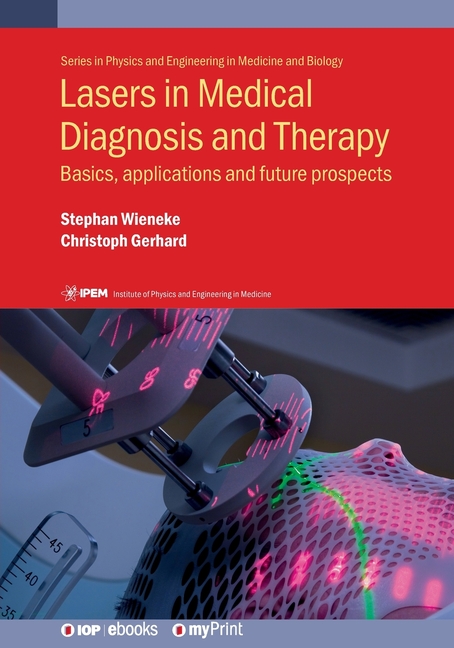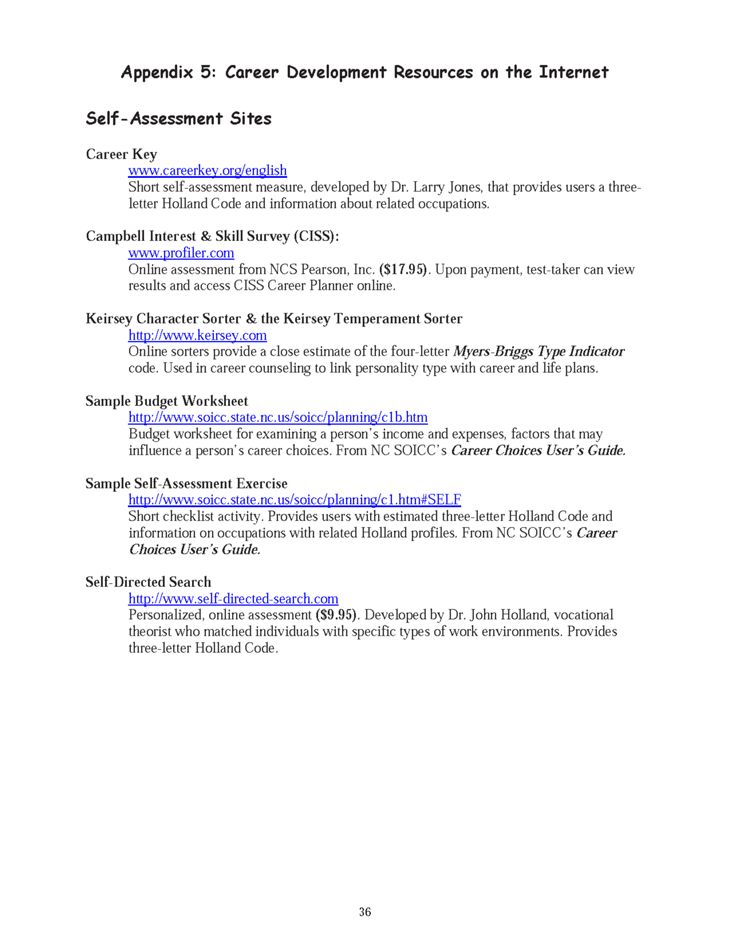
Our gut instincts can guide us in making career decisions. They are important, but not to be ignored. They are excellent for areas where we have experience (e.g. evaluating a person’s trustworthiness), but not for new aspects.
Gut intuition is good at making career decisions
If you're in the process of deciding what career path to take, your gut instinct can be an invaluable tool for making a decision. But, your gut intuition might not always be correct and may not include all pertinent data. You could make a poor choice if your gut instinct is used to decide whether you accept a job.
Your experience is what you use to develop gut intuition. It draws on both objective and subjective information. Unlike an emotional decision, intuition can be learned and developed. It takes time to take in a situation and consider possible solutions. This will allow you to apply the lessons learned to your future decisions.
Family influences on career choice-making
Family's role in career decision-making has been widely documented and acknowledged. It can be influenced by parental values and gender perspectives as well as family dynamics. Future research could also look into the role of grandparents and other extended family members. One example is the possible impact of grandparents' career choices on children's careers.

It has been proven that family influence can be beneficial for the overall career path. It has also been shown to improve job satisfaction and life satisfaction. It is important to remember that there haven't been any studies showing a significant relationship between happiness and parental education. Furthermore, it is unclear if parental income or education have a direct impact on CDSE and selfefficacy.
Exploration of career options
You look at all the options and then compare them to your criteria. This is called career exploration. This helps you see where your career is at and if it's a good fit for you. It can also help to find a better career. This may involve learning new skills.
Exploration of career options is an ongoing process that you continue throughout your professional life. Although it can be frustrating, this process will help you make better choices that will lead you to a rewarding career. It involves assessing your talents, personality, skills and interests to determine which career is right for you.
Career outcomes expectancy
Career outcomes expectancy, also known as COE, is a measure for self-efficacy regarding career decision-making. This measure allows students to make informed decisions about their career choices in STEM fields. Researchers have suggested different methods to assess CDSE's impact on career decisions.
One of the most common ways to measure self-efficacy in career decision-making is through demographic variables. The study is based on minority views, which allows for a thorough exploration of the perspectives of the participants. Scholars read each text several times in order to analyse the data. They then created preliminary codes from the information. These codes were then recorded in a comprehensive codebook. A continuous comparative process was used to refine them.

Interpersonal factors
Career choices often involve social interaction. The impact of family and social relationships on career decisions was examined in this study. Although the findings were consistent across all participating students, there were differences in the extent to which family and friends influenced career choice. Students were more likely to make informed decisions about the future if they were in a supportive setting or with their family.
Career decision-making processes are highly complex and involve a variety of domains. Gelatt’s progressive approach to decision-making provides a solid foundation for understanding the complex decisions involved. The model depicts decision-making as an ongoing activity that is constantly changing with additional information. A young learner may decide to study technology if she is exposed to them during her education. Adolescents also dynamically combine information and texts from others to make their decisions.